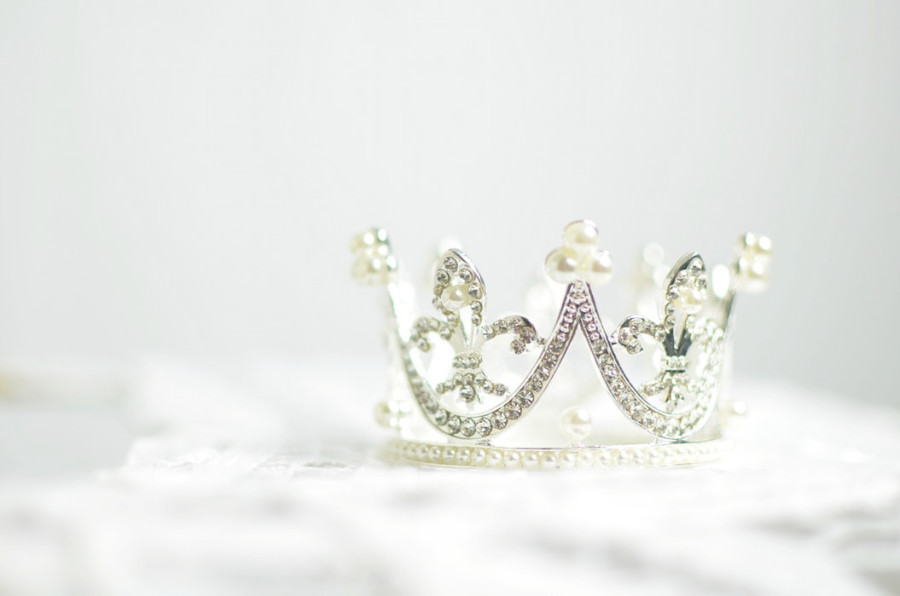Opinion
Beauty over brains
The very notion of what constitutes beauty needs to be unpacked.
A promo punch for this year’s Miss Nepal sounded something like: ‘Searching for a role model instead of a model’. But even before the pageant kicked off, its bogus claim failed to impress people. A judge, Rachana Sharma Gurung, brazenly haranguing an applicant, Ashmita Maharjan, during the auditions for being confident in her own skin was a clear indication of this. Public outrage followed the incident. But while netizens were quick to show their support for Miss Maharjan, most of the former Miss Nepals maintained a conspicuous silence. Soon after winning the pageant, they portray themselves as being dedicated to the cause of women—empowering and uplifting them. But as they say, the proof of the pudding is in the eating; the former pageant winners sided with the judge rather than the young girl. Clearly, like many other beauty pageants, Miss Nepal, too, is still an arena that has been refreshingly honest about the objectification of women where the contestant’s skin color, body size and other external characters define who she is.
Miss Nepal is touted as the most prestigious beauty pageant of Nepal, wherein the winners get to represent the country in various pageants around the world. However, a video clip from the active selection process of the event shows the event’s dark side. The old school culture, where the student is supposed to be reprimanded and chastised until they fall in line, is still evident—and also deeply cherished by the bullying seniors who still believe it helps people grow. Harsh judges demeaning an aspiring candidate with a tirade of their falsified assumption of beauty is obnoxious, to say the least. But what is more troubling is that the so-called feminists seem to be indifferent about it; worse, some are even actively supporting it.
While girls are constantly known to take the Miss Nepal winners as their role model, the active Miss Nepals, such as Malvika Subba, Asmi Shrestha and Shrinkhala Khatiwada have been backing Rachana Sharma Gurung, saying that the remarks made by Gurung were actually intended to help the contestant grow, which is why the contestant has reached the final 25, apparently. This makes me nauseous, even as a man. The point was never about whether the girl made the cut, but rather how a candidate should be treated.
I must be naïve. Until now, I believed that every Miss Nepal is crowned to lead their ideas-of-change to fruition for a year. But the commitment to bring about social change has nothing to do with the way one looks. The pageant is supposed to empower women to serve as an ambassador of positivity and leadership—that doesn’t need makeup, but spunk. Would Shrinkhala Khatiwada be unable to deliver her project to the Chepangs if she didn’t have a pretty face with artistically laden cosmetics? Would Nikita Chandak’s passion for improving the lives of menstruating women in the far-west not succeed, if she chose not to wear make-up?
If the goal of beauty pageants is to search for a pretty face, then why play the charade of knowing the candidates’ opinions on social justice, inner beauty, economic growth, and women empowerment. Ideas of beauty should not be limited to a trite conversation heard from women who consider themselves pretty only when they are layered in make-up. Beauty does not run skin deep, and this message is the least such pageants should try to promote, if at all they are concerned about empowering women.
Many winners that have gone on to represent Nepal in international beauty pageants have ostensibly showed their inclination towards bodily beauty over wholesome beauty. Active support of the bully, and dubious comments are common from previous winners. Some have even called-out the people’s criticism of the judge as bullying. But calling out bad practices is not bullying, not treating the other person as the same, however, is. When pageants winners, the champions of women’s issues, display such duality in their character, it reveals the hypocrisy that guides their feminist agenda.
Feminism cannot be about polishing your external being so that the male-controlled glamour world selects you for its billboards. Rather, it is making sure women get to move forward as equals. Make-up is always a personal choice, it cannot be made a requirement. Women are empowered when they are allowed to exercise their agency and stick to their choices. But unfortunately, seeing women flourish and grow without any societal prejudice is still a struggle.
What we witnessed during the Miss Nepal 2019 auditions was problematic. By focusing on one’s mere appearance, and putting in additional—but low—requirements on ‘talent’ and ‘smarts’ the judges were signaling that the perfect woman is gorgeous first, and then secondarily, maybe has some talent or intelligence. This very notion of beauty is what needs unpacking.
Chalise is pursuing a PhD in biomedical science from the University of Nebraska Medical Center, USA.




 9.89°C Kathmandu
9.89°C Kathmandu









